Head and neck cancer most common early symptoms
What are the most common symptoms of head and neck cancer?
The most common early symptoms differ depending upon the site. A small ulcer in the mouth is one symptom. It may first appear somewhere on the tongue, around the tonsils, or along the edges of the upper and lower gums. It may look like a cold sore. It is usually painless and unlike a cold sore it does not heal by itself. Difficulty in swallowing, continued hoarseness, a sore throat that persists, neck swelling, and a lump on the side of the neck are all early symptoms which, if they last for more than 2 weeks, should be checked by a doctor.Cancers of the head and neck are those that affect any part of the oral cavity: lip, tongue, mouth, ear, and throat, as well as the sinuses and sometimes muscles in the neck and upper back. Reconstructive surgery is a recent blessing for those who have cancers in any of these areas, for defects in the various facial structures such as eyes, ears, nose, mouth, lips, cheek and neck can be minimized by the plastic surgeon. Since cancers of the head and neck are quite rare, and the problems individualized, it is crucial that, if there is to be extensive surgery, treatment be sought at a center where there is a well integrated team of maxillofacial specialists who can deliver the best possible techniques, management, and knowledge. Thyroid cancer is a highly curable form of cancer. It affects women more commonly than men and the majority of cases occur between the ages of 25 and 65. Treatment depends on cell type and stage of disease. Cancer of the larnyx can be cured if it is found early. One of the most common early symptoms is hoarseness that lasts for more than three weeks. Cancer of the esophagus is a treatable and sometimes curable cancer. It is relatively rare and is seen more often in black than in white men. It is usually treated by radiation alone or combined with surgery, with surgery and chemotherapy or with chemotherapy alone.
Head & Neck Cancer Warning Signs
Questions to Ask Your Doctor Before Agreeing to Any Treatment
• Who will be performing surgery?
• Where will the incision be and what will the scar look like?
• How disfiguring will the surgerv be?
• What will I look like?
• Will I still be able to eat, talk, and swallow after the surgery?
• Can radiation or radium implant be used instead of the surgery?
• Will radiation or chemotherapy be used in addition to the surgery?
• What kind of reconstructive surgery can be done?
• How many operations will that entail?
• What are the effects?
• How long will it all take?
• Will it cure me?
• How expensive will it be?
• Who else will be on the treatment team?
• Can I talk with them before I have any operation?
• How many patients with head and neck cancer are you treating?

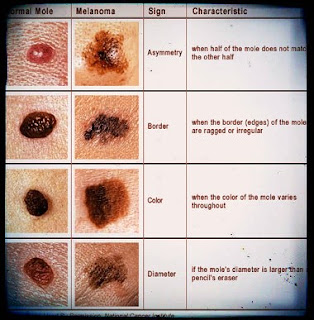
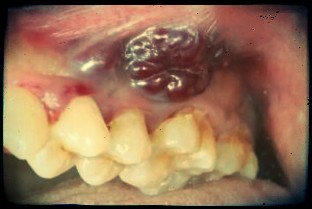
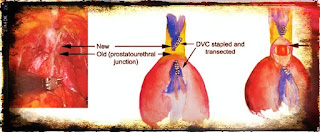
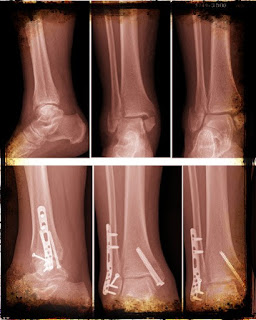
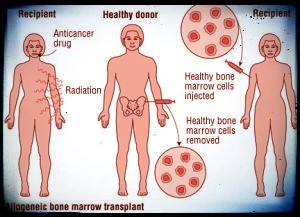

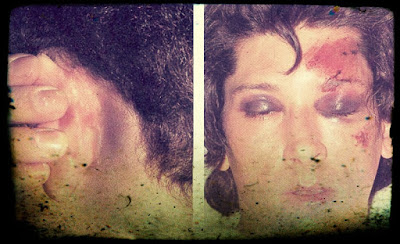
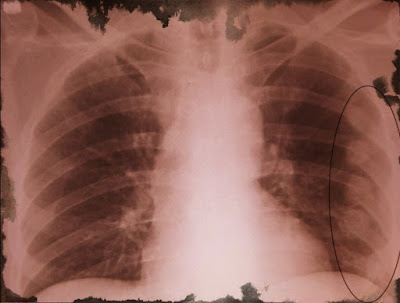


Comments
Post a Comment